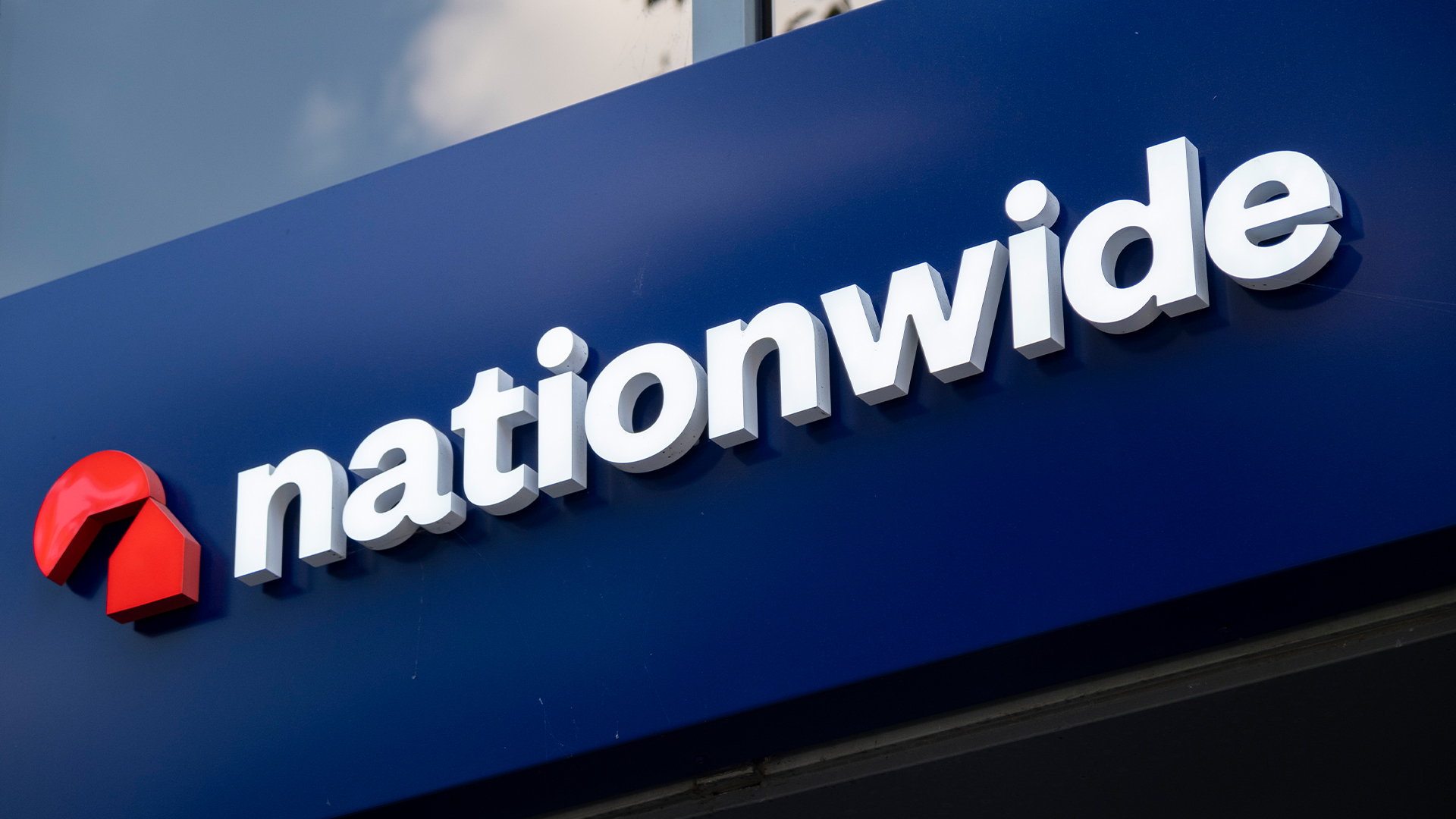From VAR to MSP: why SME is the best place to start
By focusing on SMEs, resellers can better make the transition to MSP, argues Lee Marsden

Stay up to date with the latest Channel industry news and analysis with our twice-weekly newsletter
You are now subscribed
Your newsletter sign-up was successful
It’s no secret that the arrival of cloud has had a huge impact on VARs. Where they were previously able to rely solely on their ability to sell third party hardware and software, along with procurement advice and services, the arrival of SaaS and IaaS has reduced the need for large scale initial deployments. As a result, the MSP model — which relies on continued support over a longer period ― is proving an increasingly attractive prospect for VARs looking to protect future revenue.
For starters, the monthly subscription model used by MSPs means that money comes in frequently, reducing the reliance on continuous new business wins. In addition, demand for MSP services are also growing as businesses seek ongoing support for security, wireless connectivity, disaster recovery and other IT functions. In light of this, the move to managed services not only makes sense, but is often essential in order to ensure future growth opportunities.
Having said that, many VARs focus on larger organisations when moving to MSP, causing them to bite off more than they can chew. As the focus for MSPs is about service and continuity, a sales-first approach at the beginning can often result in disastrous consequences, as they fail to deliver the required level of support. Rather than making minor changes to their business, VARs must be aware that moving to a managed services model means an overhaul of many areas, including the type of customers they’re used to targeting.
As a starting point, this means shunning larger enterprises in favour of the SME market. Firstly, there is higher demand for managed services from these businesses, with SMEs usually requiring a greater need for external IT support due to a lack of resources. In addition, as smaller businesses are generally less demanding on infrastructure, this allows VARs to scale up and down much more easily, providing invaluable flexibility for a business finding its feet in a new area. By having the ability to grow incrementally at a pace that suits the business, this enables time for newly formed MSPs to work out where the strengths and weaknesses lie, before seeking opportunities in this area and building upon them.
This is not to say this is the answer to all problems; the move will also require a significant change of culture within the organisation. As MSPs are seen as an extension of a wider team, at a level far more demanding than that expected of VARs, processes must be put in place in order to support this. From a technical perspective, this includes training staff on their customer experience skills along with establishing processes to effectively prioritise tickets in order to complete transactions effectively.
Considering the shift in focus, sales teams used to pushing large scale product deals will also need educating on the merits of focusing on small businesses in terms of both personal goals and the wider business perspective. As lack of staff buy-in is often one of the primary reasons that businesses fail to succeed in their move to an MSP structure, VARs must make this a priority when moving to this model.
Although it’s essential to ensure that the right infrastructure is in place, this is only a small part of the whole story, with strategic and internal cultural factors playing the biggest role in determining success. VARs looking to make the transition to MSP must remember that rather than small changes in billing and technology alone, instigating a shift within the whole organisation will be required if the project is to be successful. By focusing on the SME market, and ensuring staff are aware of what their new roles entail, VARs will be in a great place to reap the benefits that the MSP model provides.
Stay up to date with the latest Channel industry news and analysis with our twice-weekly newsletter
Lee Marsden is president of Europe, ZyXEL
-
 Nationwide forges closer ties with AWS in cloud transformation push
Nationwide forges closer ties with AWS in cloud transformation pushNews The building society is “consolidating and modernizing” cloud infrastructure and focusing heavily on internal skills development
-
 Finance and security leaders are odds over cyber priorities, and it’s harming enterprises
Finance and security leaders are odds over cyber priorities, and it’s harming enterprisesNews Poor relations between the departments can be solved by CISOs talking in a language CFOs understand
-
 How the partnership model can transform the channel
How the partnership model can transform the channelIndustry Insights Collaboration and a shared understanding and commitment to solving problems is key...
-
 How SMBs can DIY their IT implementation and support
How SMBs can DIY their IT implementation and supportFeature For some small and medium-sized businesses, the third-party expertise and support might be out of reach. What’s the alternative?
-
 What the fragmentation of UC means for the channel
What the fragmentation of UC means for the channelIndustry Insights If communications are becoming fragmented, what does that mean for MSPs and VARs?
-
 What is a reseller?
What is a reseller?As the crucial link between technology vendors and businesses, IT resellers have evolved from simple product suppliers to indispensable strategic partners, providing expert advice, customized solutions, and vital ongoing support in a complex digital world
-
 Is channel know-how the key to de-risking enterprise AI plans?
Is channel know-how the key to de-risking enterprise AI plans?Industry Insights Channel partners could be the key to enterprises successfully developing their AI projects and implementations…
-
 How AI is reshaping the role of spreadsheets in accounting
How AI is reshaping the role of spreadsheets in accountingIndustry insights Modernizing spreadsheets can enable secure and AI-ready accounting and finance functions

